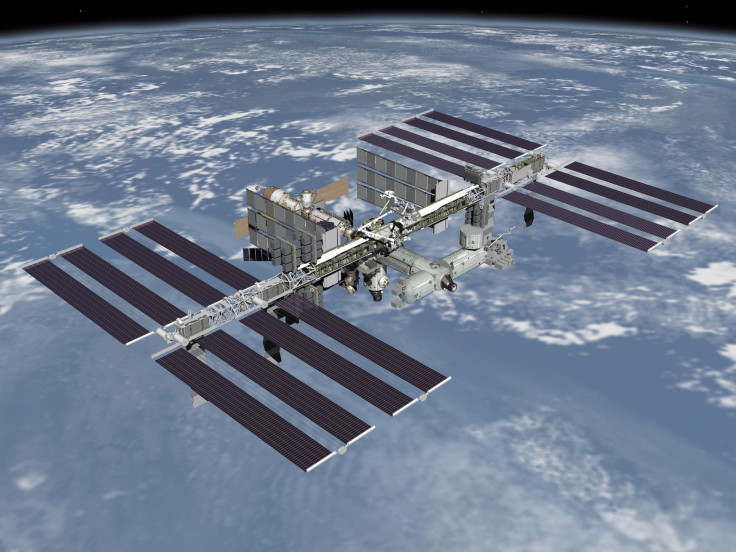The International Space Station Will Speed Up The East Coast Tonight

If you’ve never caught a glimpse of the International Space Station as it passed overhead, slower than a shooting star but quicker than an airplane, tonight’s your chance if you’re on the East Coast.
The ISS will pass right overhead from Charleston, South Carolina, all the way up to Portland, Maine, the Washington Post reported. At 5:34 p.m. EST the station will be visible above Charleston for about three minutes. It’s maximum height above the city will be 49 degrees meaning you’ve actually got a chance to spot it because it might not be hidden by your surroundings.
It will then appear to make its way up the coastline passing by Washington, D.C. also at 5:34 but even higher than it appeared in Charleston, because of D.C.’s higher longitudinal position. Philadelphia, New York City, and Boston will get a glimpse of the station a minute later at 5:35 p.m. with a maximum height of 86 degrees. The station will appear at a slightly lower angle as it passes overhead in Portland but should still be visible.
How to see the ISS pass overhead tonight:
It will approach from the southwest and head in a northeast direction and will be visible for three to five minutes as it passes, you’ll know it’s the ISS because it won’t be blinking like an airplane would and it has a bright and steady white glow to it.
How to check when the ISS will pass overhead:
Use this website from NASA to get the exact time and angle that it’ll pass you. On a clear night it’s easy to see thanks to the fact that it’s nice and bright against the dark evening sky from the sunlight it reflects. It’s traveling at about 17,000 miles per hours, but because it’s so high up, it’s far enough away that you have plenty of time to spot it with the naked eye. The station can sometimes make more than one pass overhead in one night due to the fact that it makes multiple orbits, so if you miss it, just check when it will be passing by next.
Currently there are six astronauts on the ISS as part of Expedition 53 from three countries. Three of them are scheduled to return to Earth on Dec. 14 and three more will launch on Dec. 17.
© Copyright IBTimes 2024. All rights reserved.





















